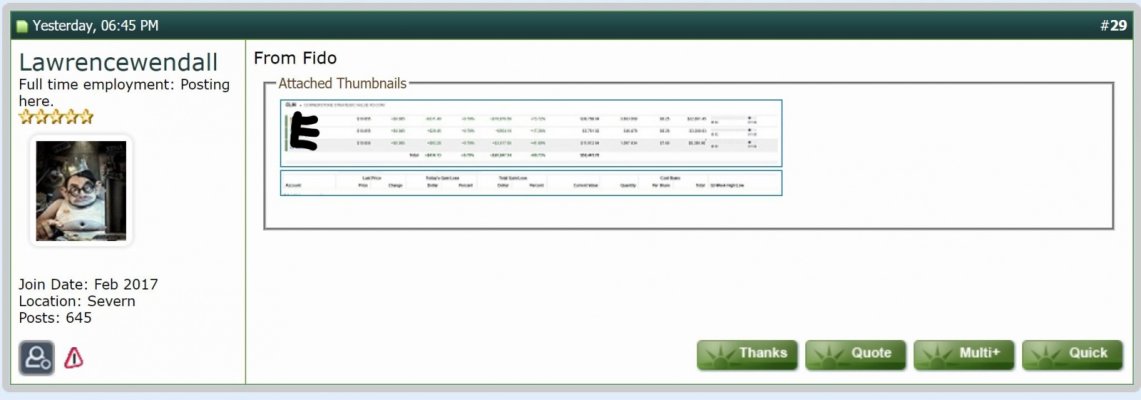Like another poster upthread, one of the things I do is have a lot of alerts set up on all of my credit cards. I may get lots of emails, but they're cheap to receive and delete, and if anything untoward happens I'm more likely to notice.
I note with interest that nobody on this thread has mentioned identity theft protection services. (I don't use LifeLock either.) Not sure if people don't think it's worth the money, or don't think it actually provides much real protection, or some other reason. But notable by its absence regardless of the reason(s).

